According to the latest research, specialized diets can have a beneficial effect on ovarian cysts. Researchers recommend not taking in more than 2000 calories a day that if you have polycystic ovary syndrome (PCOS).
The diet was developed by Prof. Daniela Jakubowicz from Tel Aviv University. She believes that eating a certain way can help women get rid of the cysts.
The majority of women with polycystic ovary syndrome are insulin resistant, i.e. their body produces way too much insulin, making it difficult for the blood to provide the muscles with glucose.
Women with polycystic ovary syndrome need to eat a big breakfast, with their 1st meal of the day providing them with the necessary proteins and carbohydrates. However, the intake of calories throughout the rest of the day needs to be reduced. The result is a decrease in insulin resistance, leading to lower levels of testosterone and a dramatic increase of ovulation.
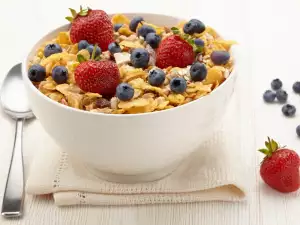
The rule is that 1000 of the 2000 cal per day need to come from breakfast.
Jakubowicz carried out a 90-day study. The women in the study were divided into 2 groups - the 1st had their major meal of the day for breakfast, ate less at lunch, and took in the least amount of calories at dinner.
The 2nd group did the exact opposite - their smallest meal was at breakfast, while for dinner they ate the most calories. The end results showed that the women who ate a big breakfast increased the speed of their ovulation by 50%.
Slowly digestible sugars need to be removed from their diet; it is also advised to reduce the consumption of bakery products.
Foods that are recommended for PCOS are lean meat, eggs, fish, beans, whole-grain bread, peas, corn, potatoes, raspberries, blackberries, blueberries, strawberries and other foods that are rich in fiber.
Eat dairy products, nuts, soy foods regularly.
It is absolutely essential to avoid biscuits, bonbons, white bread and sweetened drinks.

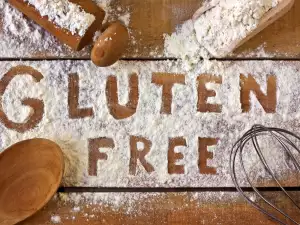
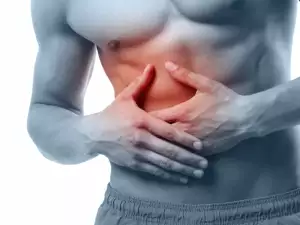

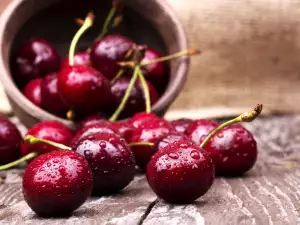

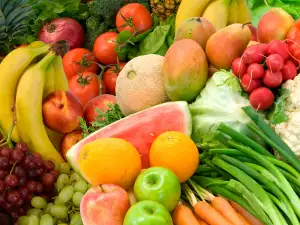



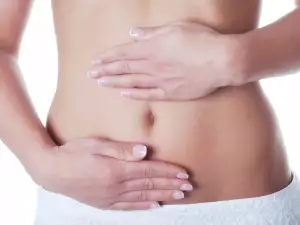

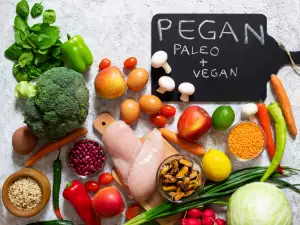
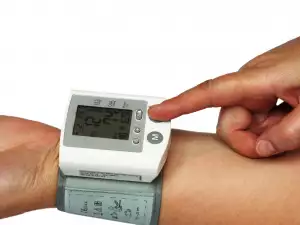






Comments